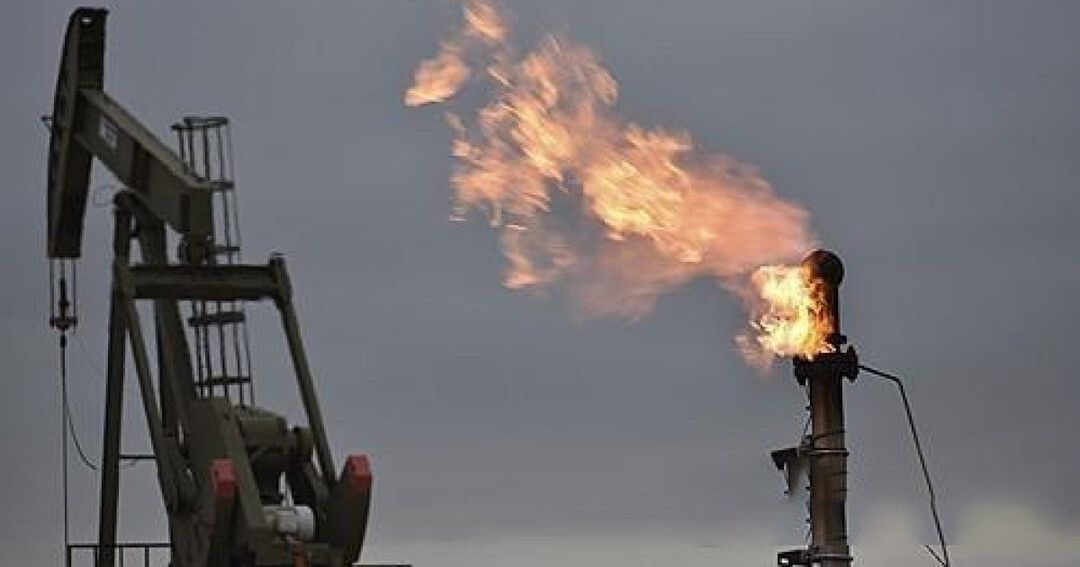
International oil prices experienced a sharp decline on Tuesday, with Brent and West Texas Intermediate (WTI) crude futures both falling by over 2%. This drop comes as uncertainty surrounding the US-China trade war intensifies, coupled with a significant increase in US crude oil inventories.
Brent crude futures for April delivery settled at $74.61 a barrel on the ICE Futures Europe exchange, down $1.59 (2.09%) from the previous session. Meanwhile, WTI crude futures for March delivery fell by $1.67 (2.3%) to settle at $71.03 a barrel on the New York Mercantile Exchange. This marks the lowest closing price for WTI futures in over a month.
The US Energy Information Administration (EIA) reported a substantial rise in US crude oil inventories, further fueling concerns about oversupply in the market. According to the EIA, crude stocks increased by 7.9 million barrels in the week ending February 1st, exceeding analysts' expectations.
"Refiners are undergoing heavy maintenance, and gasoline demand is weak," explained John Kilduff, a partner at Again Capital, citing these factors as contributing to the surge in crude inventories.
The escalating US-China trade dispute has also cast a shadow over the energy market, adding to the downward pressure on oil prices. The US recently imposed a 10% tariff on an additional $200 billion worth of Chinese goods, prompting retaliatory measures from China.
China's response includes tariffs on US crude oil imports, raising concerns about reduced demand for US oil. "With China imposing tariffs on US imports, the demand for targeted commodities has decreased, forcing a shift in demand to other markets," commented Andrew Lipow, president of Lipow Oil Associates.
The ongoing trade tensions and their potential impact on global economic growth have created a climate of uncertainty, leading investors to shy away from riskier assets like oil. The oil market remains sensitive to developments in the trade dispute, and further escalation could lead to additional price volatility.
[Copyright (c) Global Economic Times. All Rights Reserved.]






























